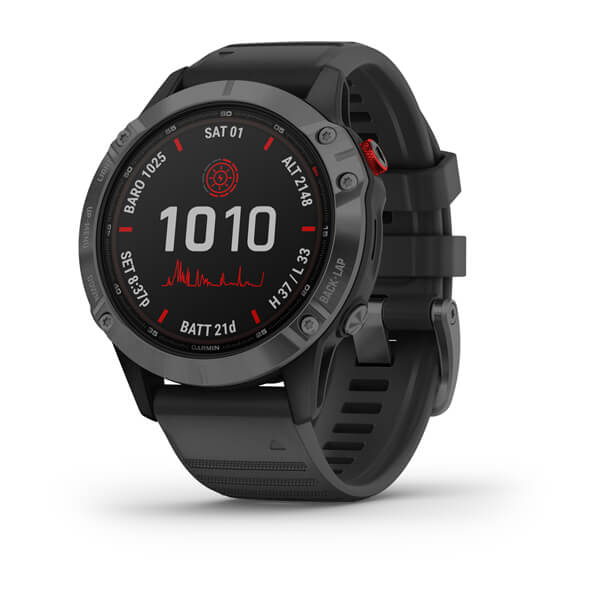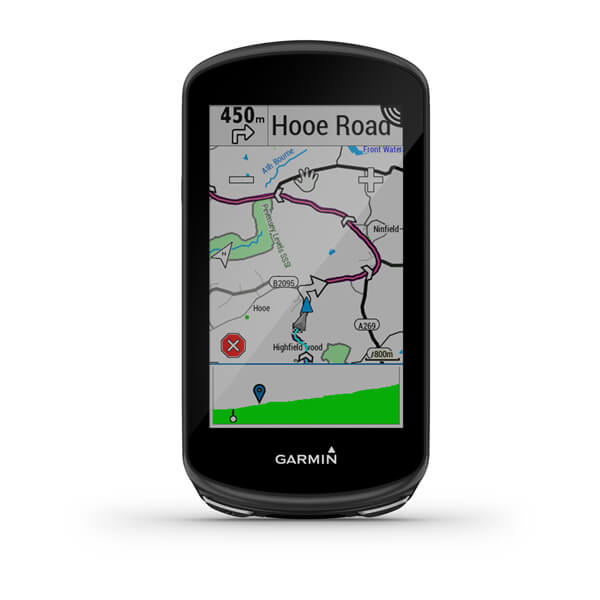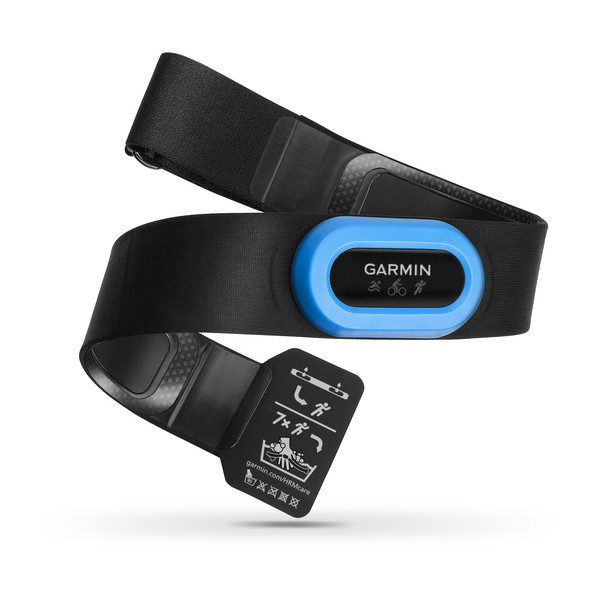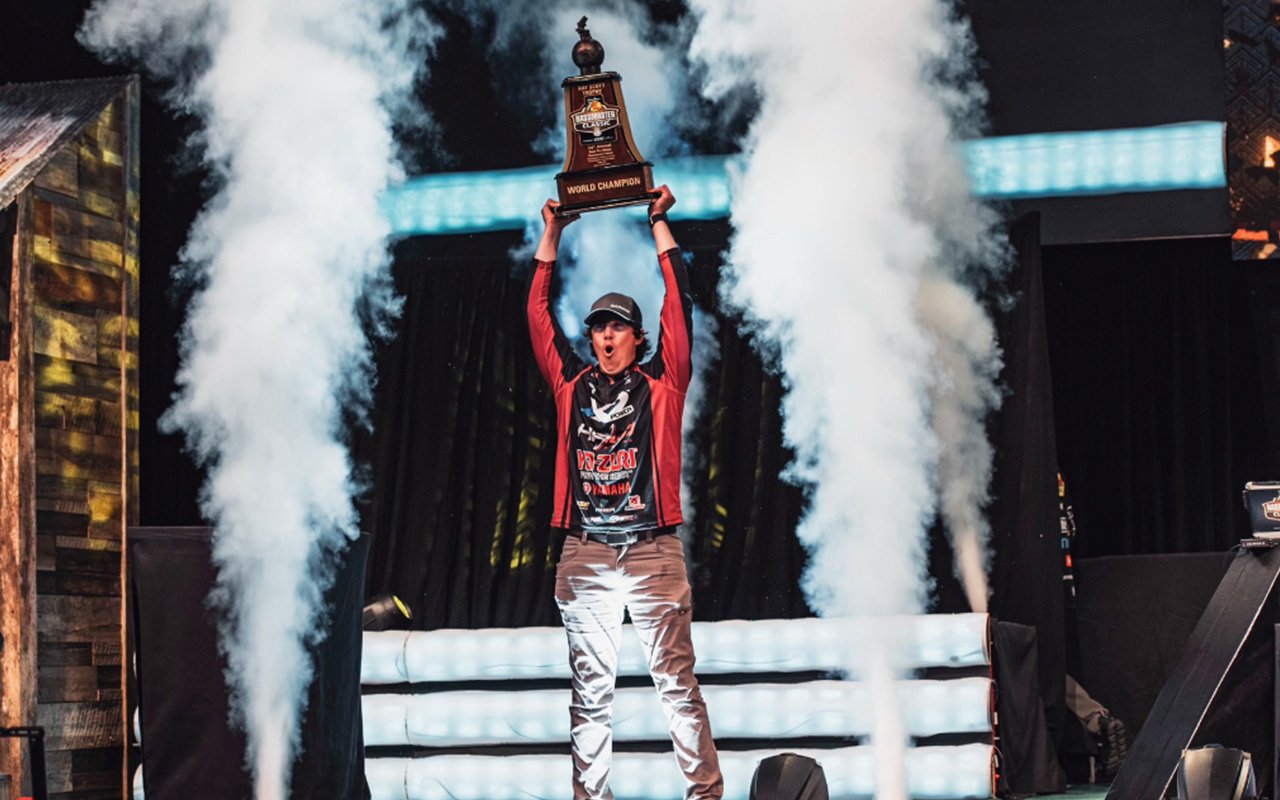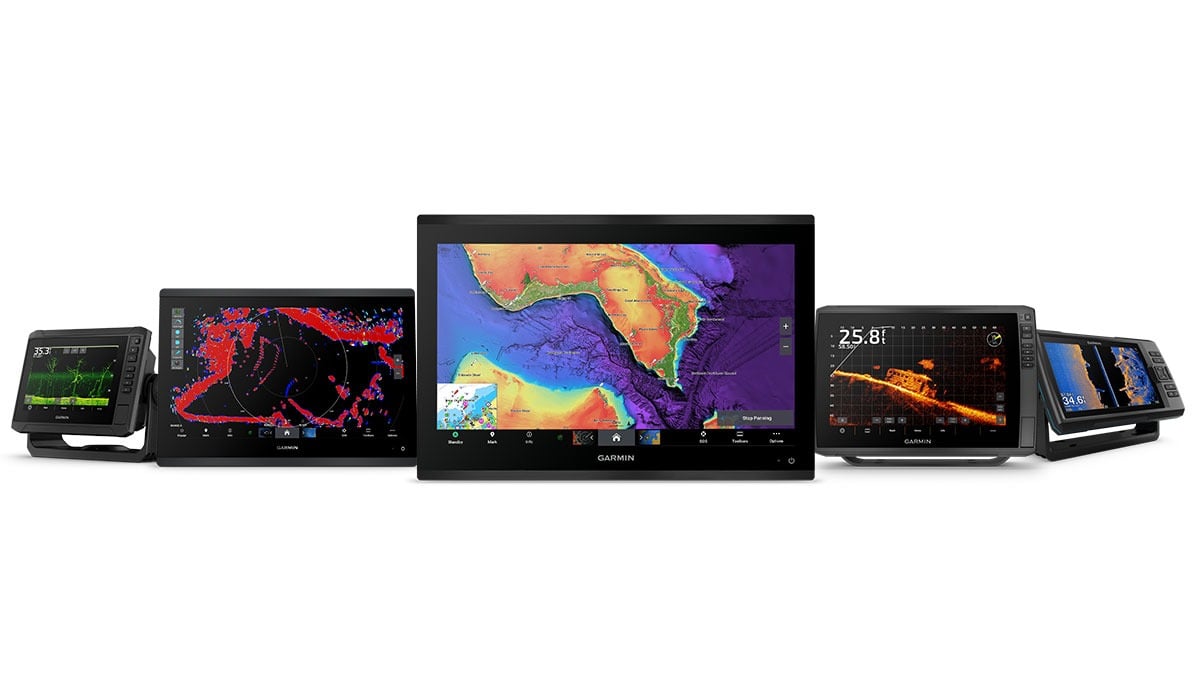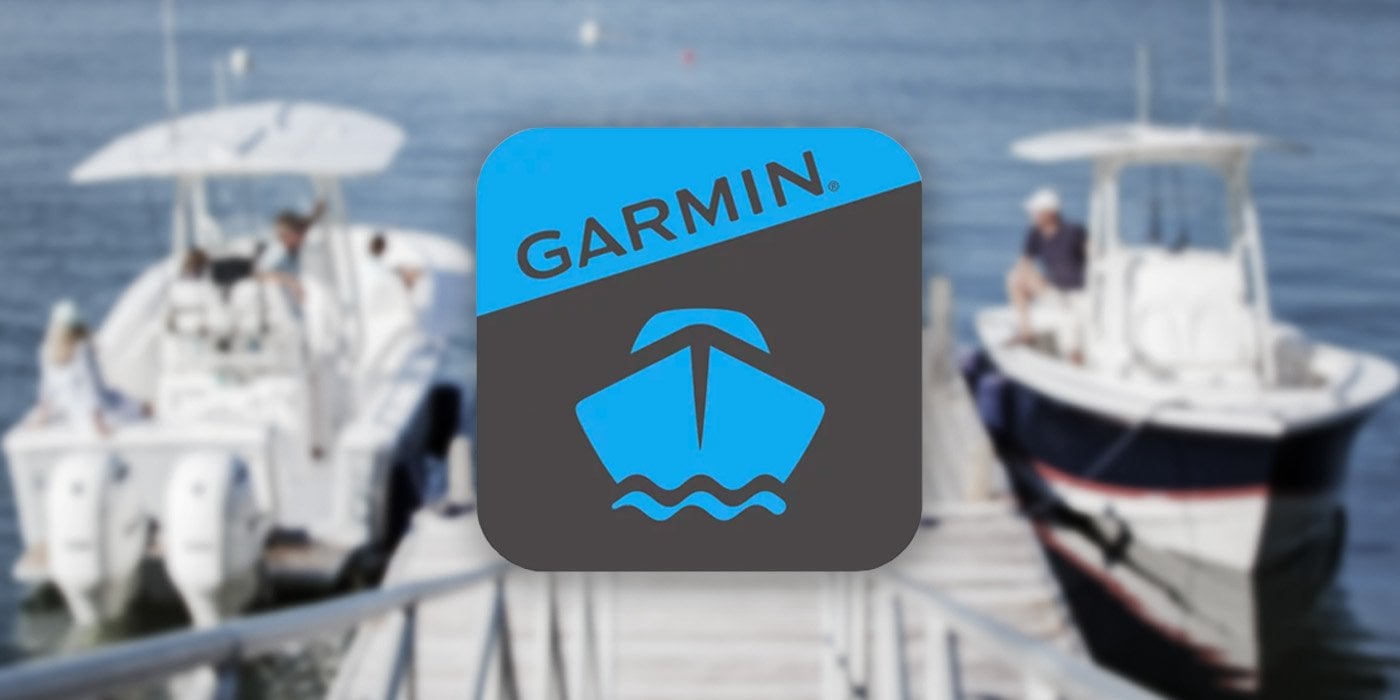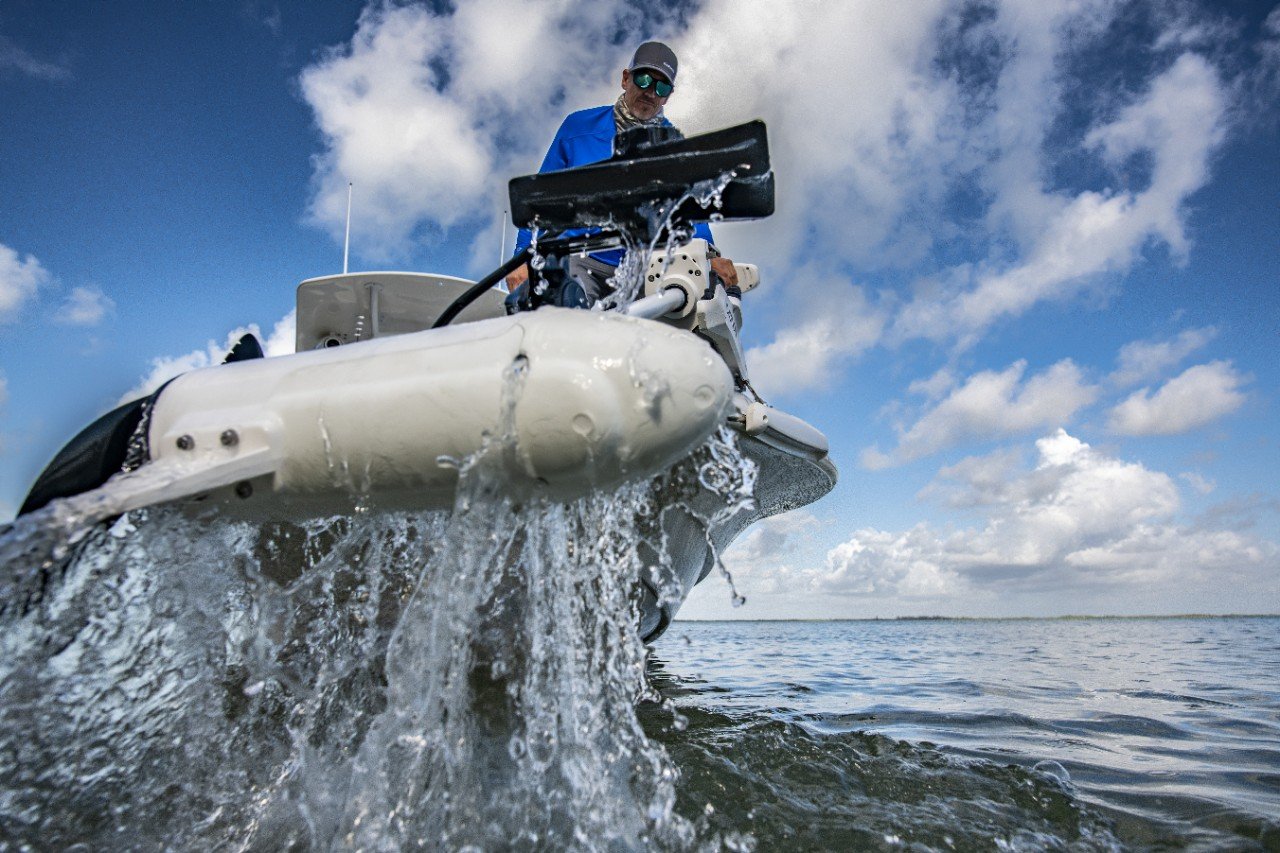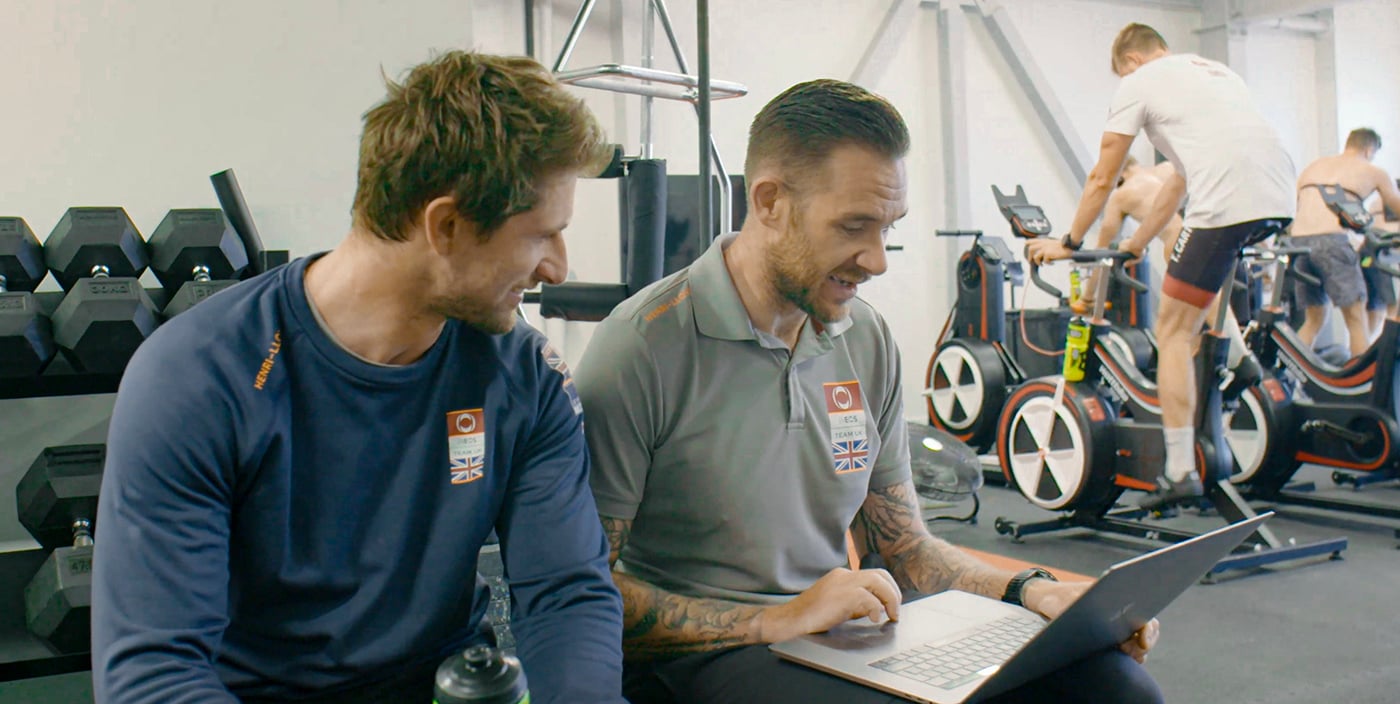
Ben Williams Readies INEOS TEAM UK for America’s Cup
As the America’s Cup nears, it’s Ben Williams’ job to make sure INEOS TEAM UK is prepared.
INEOS TEAM UK is battling once again in the fight for the America’s Cup. While world-class engineers pour through the data to understand how the boats have performed so far and seek to make every gain possible, Ben Williams, the team’s Head of Human Performance, will be doing the same on the human side with the help of Garmin technology.
Managing human performance
Williams must physically prepare the crew off the water, maximizing their potential on the water. The boat may be a technological wonder, but it doesn’t sail itself — and having a crew at their peak is essential.
“When most people think of athlete performance, they think about race day,” Williams says. “But for the most part races are won through dedication before the event in both crew and boat development. If the crew aren’t fit enough to be out on the water or the boat isn’t competitive, the race is lost before we begin.”
Garmin has teamed up with INEOS TEAM UK, providing human performance technology that will help them get the crew to the next level. Data across the crew’s training and recovery is crucial in understanding progress and optimising time in and out of the gym.
“Having the data to understand the team’s physical health means they can be on the water as much as needed, in peak shape, and we can prevent any issues in advance. With Garmin’s support, we go a long way to removing unknowns and guess work so we can be much more accurate in the prescription of training and recovery. Like the athletes on the water, we aim to give our all in a support role to enable their endeavours,” Williams says.
What technology is INEOS TEAM UK using to maximize performance?
Garmin has kitted the team out with all sorts of tech, including cycling computers and smart scales. The fēnix 6 Pro Solar watch, with its comprehensive and non-intrusive data collection, has been particularly important. Equipped with this, Williams and his team can measure all sorts of vital metrics.
Making gains with heart rate, variability, training load and stress
Whether you’re in an elite sport or just improving your personal fitness, it’s all about training adaptations.
“Essentially, progressive overload is where we do something that challenges the body which creates signalling for adaptation to cope with the new demands,” Williams says.
Getting the data from Garmin devices helps Williams and the team track these adaptations. It’s not just about pushing the athletes to their limits; they use the numbers to make exact judgements.
“We measure heart rate, power average, normalized power, peak power and time in zone,” Wiliams says. “When we’re trying to develop an athlete, we’re looking at what exposure we have to give them for them to overload a stimulus, so the body recognizes the need to adapt. In recovery we look at their stress score, chronic load, heart rate variability and resting heart rate to ensure they’ve recovered from the physical load to create a positive adaptation.”
Boosting recovery with advanced sleep monitoring
Rest is hugely important for boosting performance. According to Williams, you don’t get fit from training — you get fit from recovering from training. It’s at this point that your body adapts to cope with the stress you put it under.
“We look at health and recovery protocols just as much as we do training itself,” Williams says. “There is no point having an excellent training block if you do not recover and harvest the stimulus.”
The fēnix 6 Pro Solar gives each athlete a full breakdown of their light, deep and REM sleep stages as well as Pulse Ox1 and respiration data. This information is key for Williams because he can understand how well the crew are recovering from their training.
“We know a lot of good things happen when you sleep,” he says. “You restore muscle glycine, you use proteins to repair, you recover and improve cognitive function, you drive immune function. Essentially, our body resets itself in a whole wave of different ways.”
But there’s more that sleep data can tell us, including specifics around how much recovery you need and what happens if you don’t get it.
“Research suggests that if you don’t sleep seven hours or more, you’re 20-30% more likely to get ill or injured.”
Motivating and engaging the athletes
Williams is actually using Garmin data for more than tracking and analyzing. It’s become a great way to keep the crew interested and engaged with their training.
“It’s great for the athletes to be able to engage with those metrics and for them to understand when they feel good and bad. We don’t want athletes that can’t think for themselves; this helps them to build a picture. We present them with the data and they engage. Some are really interested in stress scores, sleep metrics and body batteries, etc.”
The more engaged you are, the more you’re motivated to continue and improve. And William’s has gone even further with using the data to engage the crew: “It’s on their phone and watch so we encourage the guys to dial in and understand their physical eco system. They even play top trumps with it in the gym. They want the best recovery score because they’re competitive individuals. It’s a bit of fun, with a serious underlying tone that’s telling them how they prioritize their week.”
The importance of having the right technology
To aid them in all of the above, INEOS TEAM UK chose to partner with Garmin on human performance technology. For one, Garmin gives them a comprehensive set of innovative features.
“Garmin as a brand has a long history of reliable equipment, and the new gen of smartwatch — with all of the things you can upload and the way they can connect to heart rate monitors, power meters. They’re good in harsh conditions, they can monitor your sleep scores, heart rate, power meters and heart rate variability, and they have internal algorithms to provide stress scores, which in the sports science arena provides us with robust and usable data to inform our practice.”
Just as important to the team is the accuracy, consistency and reliability that you only get with the best technology.
“The reason we wanted the Garmin hardware and software systems in our performance model is that it’s accurate, consistent and reliable,” says Williams. “That’s super important to us because our coaches can effectively analyze the data, athletes can engage with that same data themselves on the app and both can converge over meaningful conversations about training and recovery.”
But Garmin also goes further, creating a wider experience to help the team. It’s one thing to track and measure data, but that data must be presented well and effortless to share and access.
“Where Garmin Connect stands out is that it connects to so many variables and it becomes very easy to set up a system for data capture,” Williams says. “Things have stepped forward so quickly because the ecosystem is easy to use, it’s user friendly and it’s not a burden on us to collect the data. It’s all very intuitive and ergonomic and it just works really well. It’s made capturing and using data a lot easier than it was five years ago.”
Discover more of Garmin and INEOS TEAM UK
The America’s Cup is one of the most exciting international sporting events around, witnessing these already world-class athletes push the limits of human performance. Want to learn more? Visit our INEOS TEAM UK partnership page.
1This is not a medical device and is not intended for use in the diagnosis or monitoring of any medical condition; see Garmin.com/ataccuracy. Pulse Ox not available in all countries.
